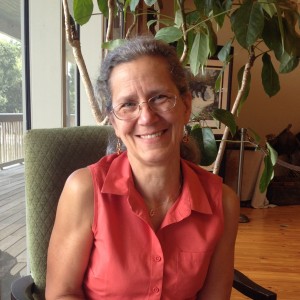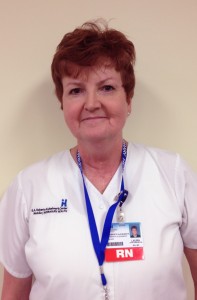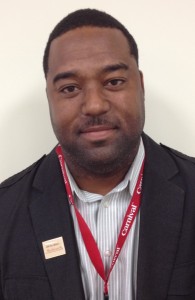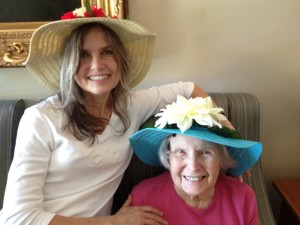An Explanation of the Rights of Nursing Facility Residents
An Explanation of the Rights of Nursing Facility Residents
It is the goal of Alabama’s nursing facilities to promote and protect the rights of each of their residents. According to the Older American’s Act, a federal law which was initially passed in 1965, each nursing facility resident has a right to a dignified existence, self-determination, and communications with and/or access to persons and services both inside and outside of the nursing home. Also included is the right to the individual’s freedom of choice, the right to privacy and the right to voice grievances. Some of these resident rights include:
- the right to be treated with dignity, privacy, respect, and to live in a safe, clean, comfortable, and homelike environment
- the right to exercise their rights as citizens of the United States and of the State of Alabama, including the right to vote
- the right to be fully informed in writing of all facility services and charges for those services
- the right to be informed of their health status and the right to participate in the planning of their own care and treatment, the right to refuse medical treatment, including experimental research, and the right to formulate an advance directive
- the right to have their money and property protected
- the right to manage their financial affairs
- the right to know if they are eligible for Medicaid or Medicare and how to apply for coverage
- the right of freedom of choice to make their own decisions
- the right to privacy including accommodations, medical treatment, written and telephone communications, personal care, and meetings of family and resident groups, but this does not require the facility to provide a private room
- the right to retain and use personal possessions, as space permits
- the right to privacy and confidentiality of their medical and clinical records
- the right to an accessible grievance procedure that is easy to use
- the right to refuse to perform services for the facility unless they desire to do so and it is documented in the plan of care
- the right to choose the groups and activities in which they wish to participate
- the right to have guests visit and other personal communications
- the right to basic procedural safeguards on admission, transfer and discharge
- the right to get advance notice about a change in room or roommate, and to be told why such a change is needed
- the right to be informed in writing of the bed-hold policy for temporary absences from the facility
- the right to be free from physical restraints or psychoactive drugs administered for discipline or convenience, or not required to treat their medical symptoms
- the right to be free of verbal, mental, sexual, or physical abuse and involuntary seclusion
- the right to refuse a transfer to another room within the facility under certain circumstances
- the right to self-administer drugs if the interdisciplinary team has determined that this practice is safe
- the right to examine the results of the most recent Federal or State survey of the facility
- the right to be free of interference, coercion, discrimination, or reprisal from the facility in exercising these rights
- the right to be informed both orally and in writing of their rights and all the rules and regulations governing their conduct and responsibilities during their stay in the facility
- If you feel your rights are being violated, give your local Ombudsman a call. In Mobile, Escambia, and Baldwin Counties, call Ivy Walker at 251-433-6541 or 1-800-243-5463.










Recent Comments